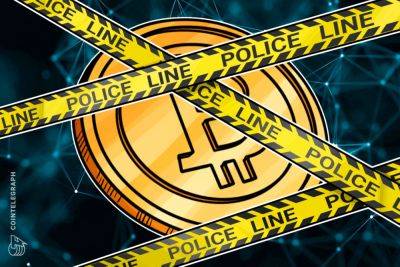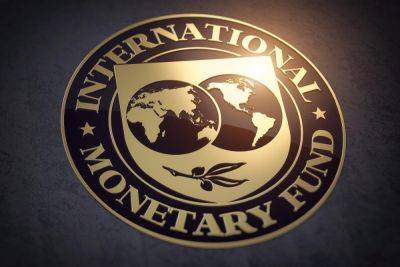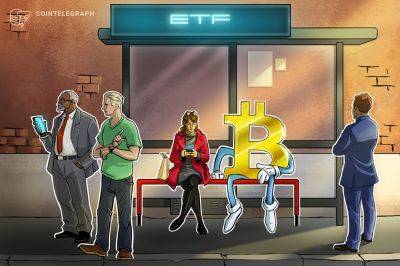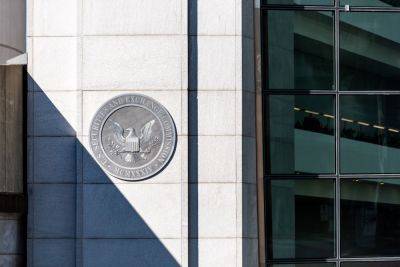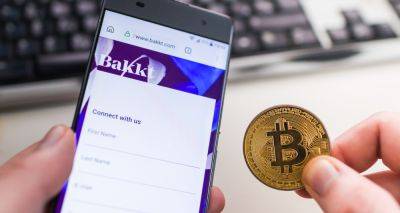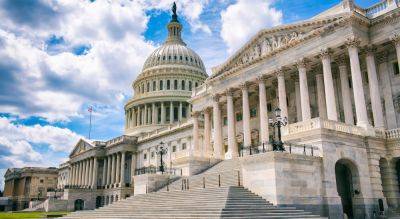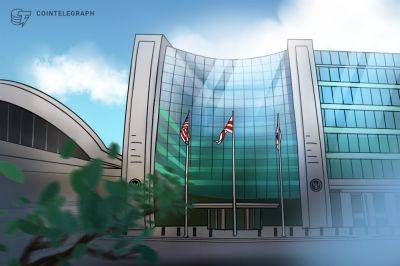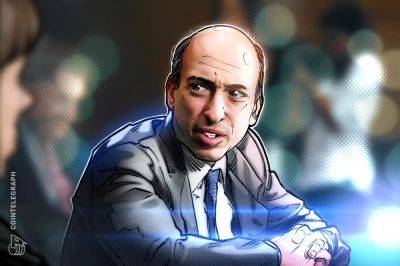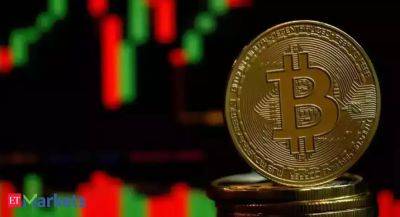Ripple verdict could spark a new bull market — Or more malaise
The final quarter of 2020 saw the launch of a precedent-setting lawsuit by the United States Securities and Exchange Commission against Ripple Labs, CEO Bradley Garlinghouse and co-founder Christian A. Larsen. The allegation: raising north of $1 billion in 2013 through the unregistered sale of a purported security, XRP (XRP).
The implications of Ripple’s bold choice to challenge the lawsuit in court radiate far beyond the company. The judgment could become the Rosetta Stone for determining whether other cryptocurrencies are deemed securities. A Ripple victory could fuel a new era of acceptance, investment and confidence in digital assets.
Defeat, on the other hand, could hinder mainstream adoption, prompt the SEC to pursue similar cases, increase market volatility, and drain talent from the United States.
Related: SEC charges against Binance and Coinbase are terrible for DeFi
The timing of this potential landmark decision dovetails with a season of intense scrutiny by the SEC under the leadership of Chairman Gary Gensler.
Ripple, the payment company behind XRP, introduced the cryptocurrency token in 2013. Designed to facilitate fast, low-cost cross-border transactions, XRP stands as a potential replacement for the existing SWIFT system.
Ripple has entrenched its value in the financial landscape by establishing partnerships with top-tier institutions, such as American Express, Santander and MoneyGram, and processed transactions exceeding $10 billion in 2021 alone.
The SEC’s allegation revolves around Ripple’s purported unregistered sale of XRP, an investment contract or “security” by their definition. Ripple’s defense, however, asserts that XRP doesn’t pass the Howey test — the measure of an investment contract — and,
Read more on cointelegraph.com




